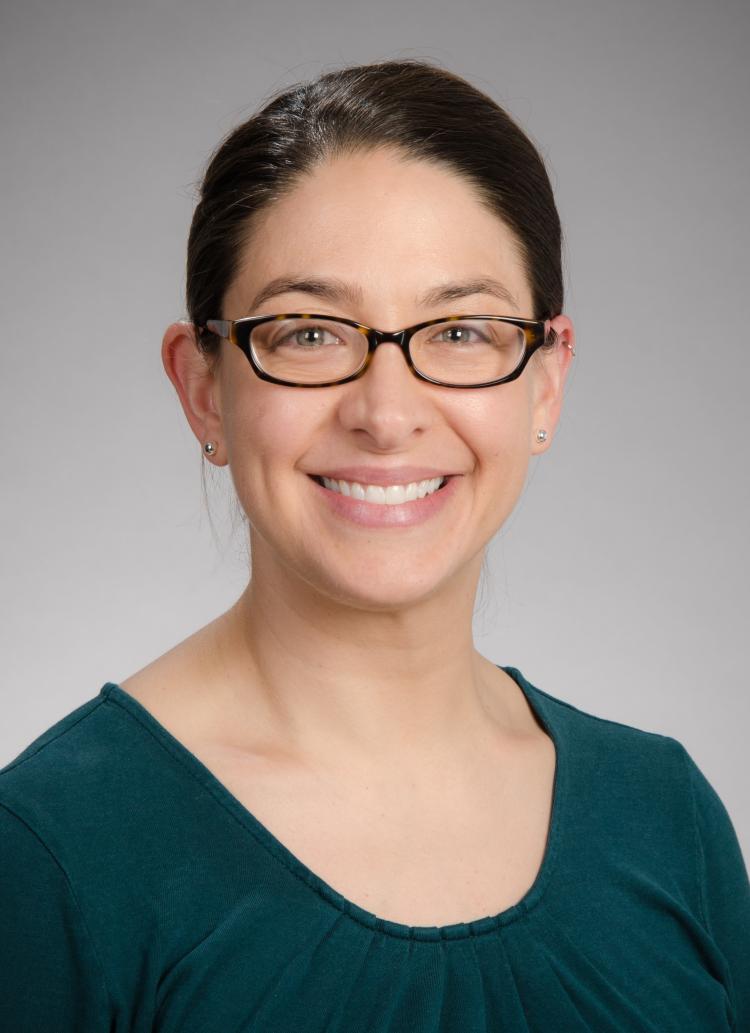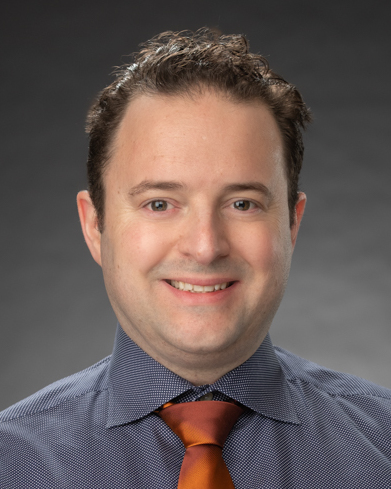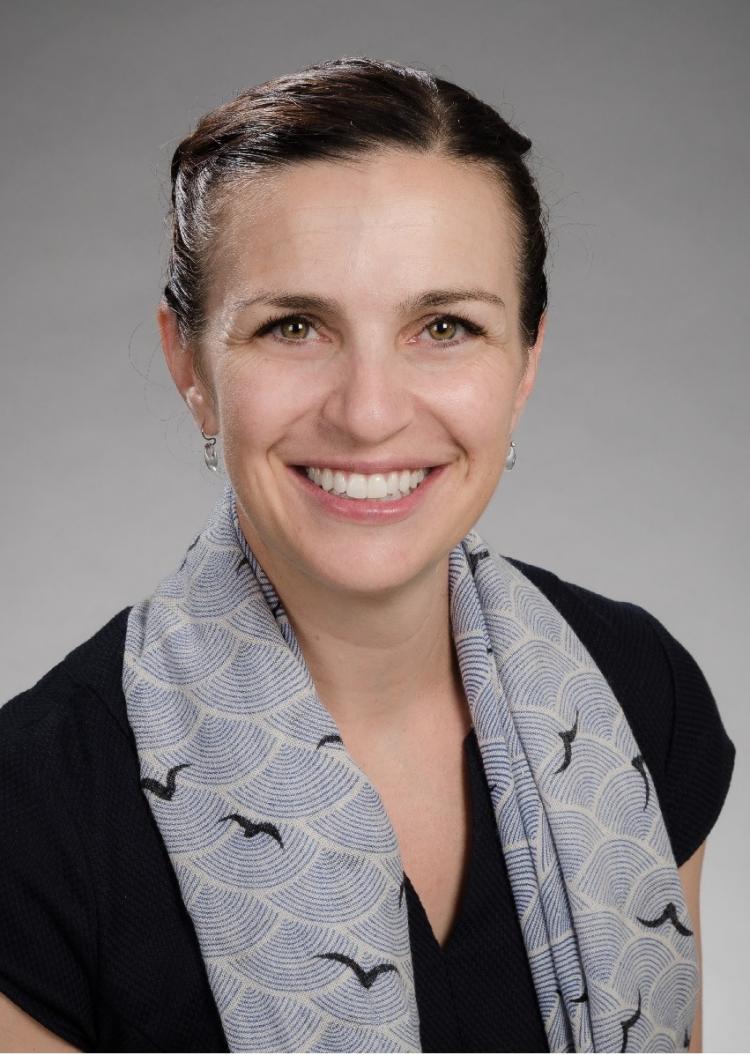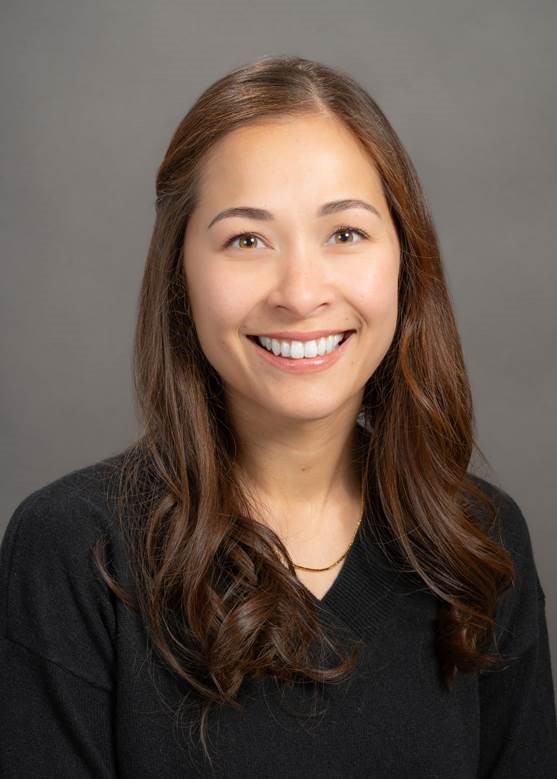OB/GYN 618: Advanced Rural Obstetrics and Gynecology
Offered in Prosser, WA
This course is designed for 4th year medical students interested in specializing in and focusing on Women’s care in a rural community. The students will be one on one with an attending giving them a unique opportunity to manage and treat a wide variety of patients in the clinic and on the OB floor. They will be able to perform uncomplicated vaginal deliveries as well as learn to do simple vaginal repairs. They will also be expected to first assist major surgeries like hysterectomies and C-sections and be the primary for minor surgeries like hysteroscopies. Students will be encouraged to take call with the attending to maximize their opportunities and better understand the unique demands and patient/physician interactions of rural practice. Lastly, the students will be invited to attend local community and hospital events that occur during their rotations.
Course Objectives:
- Gynecology Office component
- Oncology
- Know and understand routine cancer screening recommendations including breast, cervical, and ovarian.
- Understand indications for and be able to perform endometrial biopsy in office.
- See and potentially perform colposcopies and LEEP in office.
- Urogynecology: Understand basic components of the evaluation, counseling, and management of women with pelvic organ prolapse
- Family Planning: Hands-On Exposure to and understanding of:
- Contraception options and counseling
- LARC insertion, Nexplanon placement
- pregnancy options counseling
- ultrasound dating of pregnancy
- Medical and surgical management of miscarriage.
- Infertility: Understand and gain exposure to infertility, recurrent pregnancy loss, PCOS.
- Well woman exams: perform all components of a yearly exam and write complete note.
- Oncology
- Obstetric care
- Office: perform clinical evaluation and make treatment plan of low/moderate risk OB patients
- Hospital:
- Manage active labor, perform cervical checks, and learn to perform uncomplicated vaginal deliveries without assistance.
- Be able to do 1st and 2nd degree repairs with assistance.
- Be the first assist in cesarean sections and work on surgical closure techniques of all layers
- Postpartum: learn to diagnosis and treat postpartum complications
- Benign Gynecologic Surgery
- Understand and describe the indications for vaginal, hysteroscopic, laparoscopic and robotic surgery.
- Understand and describe the diagnosis, work up, medical management and surgical treatment for benign complex gynecologic pathology including endometriosis, fibroids, and adnexal masses.
- Be able to identify and explain pelvic anatomy.
- Develop basic surgical assisting skills and begin to develop intra-operative decision-making skills.
- Demonstrate understanding of intra-operative and post-operative complication management.


Heidi Weaver, MD
Faculty Contact OB/GYN 618
Please contact the clerkship administrator at obclerk@uw.edu for more information and permission to take the course.
Credentialing at Prosser Memorial Health: Contact pmhmedstaffcred@prosserhealth.org to request documents list and further instructions.
OB/GYN 619: Advanced GyneCOLOGY
Offered in Spokane, WA
This is an advanced sub-Internship for students who desire an immersive experience in sub-specialty areas of Gynecology. Students will work 1:1 with a variety of fellowship trained gynecologic sub-specialty physicians as they care for patients in both the outpatient and inpatient setting in the following subspecialties: Urogynecology, Minimally Invasive Gynecologic Surgery, Gynecology Oncology, Reproductive Endocrinology & Infertility, and Family Planning. Students will gain experience, knowledge, and skills in evaluating and managing patients with complex gynecologic needs, with an emphasis on surgical skills in the operating room. The goal of the sub-internship is to prepare students for their intern year in OB/GYN, and to also aid with career planning for those with interest in fellowship after residency. Students who are exploring or committed to pursuing OB/GYN are eligible for this course, by permission.
Course Objectives:
- Gynecologic Oncology
- Develop basic surgical skills: port placement for laparoscopy, fascial closure, and skin closure for both laparoscopic and laparotomy cases.
- Identify the following anatomic structures during surgery: external iliac artery and vein, internal iliac artery and vein, uterine artery, superior vesical artery, pararectal and paravesical spaces, genitofemoral nerve, and obturator nerve. Identify and describe the course of the ureter.
- Perform a history, physical and formulate an assessment and plan for one new patient with gynecologic malignancy. Write a complete consult note and submit for faculty review.
- Independently prepare a 15-minute presentation on one type of gynecologic cancer.
- Urogynecology
- Understand basic components of the evaluation, counseling, and management of women with benign gynecologic conditions including pelvic organ prolapse, fecal & urinary incontinence, urinary urgency, reproductive track fistulae.
- Acquire basic surgical skills and be exposed to complex surgical procedures in the operating room.
- Demonstrate skills in triage of multiple patients simultaneously, muti-tasking, and working with multi-disciplinary teams in the care of gynecologic patients.
- Complex Family Planning
- Hands-On Exposure to and understanding of: first trimester surgical and medical abortion, LARC insertion, pregnancy options counseling, Ultrasound dating of pregnancy, complex contraception planning, medical and surgical management of miscarriage.
- Reproductive Endocrinology and Infertility
- Understand and gain exposure to: infertility, recurrent pregnancy loss, PCOS, and non-fertility reproductive endocrine issues.
- Minimally Invasive Gynecologic Surgery
- Understand and describe the indications for vaginal, hysteroscopic, laparoscopic and robotic surgery.
- Understand and describe the diagnosis, work up, medical management and surgical treatment for benign complex gynecologic pathology including endometriosis, fibroids, and adnexal masses.
- Be able to identify and explain pelvic anatomy, including the retroperitoneal spaces, and explain indications for retroperitoneal dissection in MIGS surgery.
- Develop basic surgical assisting skills and begin to develop intra-operative decision-making skills.
- Demonstrate understanding of intra-operative and post-operative complication management.

Kelly McEntee, MD, FACOG
Faculty Contact OB/GYN 619
Please contact the clerkship administrator at obclerk@uw.edu for more information and permission to take the course.
OB/GYN 681: Gynecological Oncology Subspecialty
Offered at UWMC (two students/section) and Swedish 1st Hill (one student/section).
Objectives for all Gynecological Oncology Courses:
- The student will understand basic components of the evaluation, counseling, and management of women with gynecologic masses as well as pre-malignant and malignant gynecologic conditions.
- Students will acquire basic surgical skills and be exposed to complex surgical procedures for treatment of gynecologic oncology patients.
- The student will describe adjuvant therapies used in the care of women with reproductive malignancies (i.e., chemotherapy and radiation therapy).
- The student will demonstrate skills in triage of multiple critical patients simultaneously, multi-tasking, working with multi-disciplinary teams in the care of gynecologic oncology patients.
- The student will appreciate the breadth and depth of the specialty of gynecologic oncology.
Students can sign up for an optional L&D weekend call shift during this course.
Faculty Contacts:

Renata R. Urban, MD
Faculty Contact OB/GYN 681 UWMC

Josh Press, MD
Faculty Contact OB/GYN 681 Swedish
Please contact the clerkship administrator at obclerk@uw.edu for more information and permission to take the course.
Students interested in OBGYN 681 at Swedish must first apply through the Swedish site.
Available rotation dates for students to rotate at Swedish for AY 24-25 are:
- Spring A: 3/25/2024-4/19/2024
- Spring B: 4/22/2024-5/17/2024
- Spring C: 5/20/2024-6/14/2024
Once Swedish has approved your application, please contact obclerk@uw.edu.
OB/GYN 683: Gynecological Oncology Subspecialty
Offered in Boise, ID; one student/section.
Objectives for all Gynecological Oncology Courses:
- The student will understand basic components of the evaluation, counseling, and management of women with gynecologic masses as well as pre-malignant and malignant gynecologic conditions.
- Students will acquire basic surgical skills and be exposed to complex surgical procedures for treatment of gynecologic oncology patients.
- The student will describe adjuvant therapies used in the care of women with reproductive malignancies (i.e., chemotherapy and radiation therapy).
- The student will demonstrate skills in triage of multiple critical patients simultaneously, multi-tasking, working with multi-disciplinary teams in the care of gynecologic oncology patients.
- The student will appreciate the breadth and depth of the specialty of gynecologic oncology.
- Students will participate the multi-disciplinary care of gynecologic oncology patients including working with radiation oncology, interventional radiology, and pathology.

Taylor Turner, MD
Faculty, St. Luke's
Please contact the OBGYN clerkship administrator at obclerk@uw.edu for more information and permission to take the course.
Credentialing at St. Luke's: Contact Krista Schuster.
The following forms are required:
- Letter of Good Standing (LOGS)
- Rotation Paperwork (Idaho WWAMI will collect Supervising Provider's Signature, please leave blank), Network Access Agreement (Idaho WWAMI will collect Employer's Signature, please leave blank), Orientation Acknowledgment (last page of Student Manual)
- Proof of COVID-19 vaccination
- Flu shot records during CDC designated flu season
- TB: Annual TB test
- N95 mask fit test
OB/GYN 682: Antenatal High Risk Obstetrics
Two students/section
- The student will understand the effect of common medical diseases on the course of pregnancy and the effect of pregnancy on the course of common medical diseases (i.e., hypertension, diabetes, collagen vascular disease, cardiac disease, asthma, etc).
- The student will identify multiple causes of preterm birth, be able to evaluate patients with threatened preterm labor, and discuss the treatment options, and counseling that is relevant for patients with this condition.
- The student will demonstrate the ability to manage diabetes in pregnancy.
- The student will demonstrate skills in triage of multiple critical patients simultaneously, multi-tasking, working with multi-disciplinary teams in antepartum care.
- The student will appreciate the breadth and depth of the specialty of perinatal medicine.
Students are required to sign up for two L&D weekend call shifts during this course.

Kimberly K. Ma, MD
Faculty Contact, Director, Antepartum Sub-I

Alyssa Stephenson-Famy, MD
Assistant Director, Antepartum Sub-I
Please contact the clerkship administrator at obclerk@uw.edu for more information and permission to take the course.
Tips for Antepartum Services, Courtesy of Elizabeth Clark, MS4
OB/GYN 685: Urogynecology
One student/section.
Provides a four-week elective in specialty areas of Gynecology and specifically Urogynecology. Students will see and evaluate patients in both the outpatient and inpatient setting at UW Northwest Hospital campus. Students will follow patients to the operating room and fully participate in their hospital care. Students will consult on inpatients and Emergency Room visits. This sub-internship is designed to expose interested students to the breadth and depth of benign gynecology subspecialty areas, the faculty of UW and the UW Department of Ob/Gyn Residency Program.
- The student will understand basic components of the evaluation, counseling, and management of women with benign gynecologic conditions including: pelvic organ prolapse, fecal & urinary incontinence, urinary urgency, reproductive track fistulae,
- Students will acquire basic surgical skills and be exposed to complex surgical procedures in the operating room and simulation lab.
- The student will demonstrate skills in triage of multiple patients simultaneously, muti-tasking, and working with multi-disciplinary teams in the care of gynecologic patients.
Students can sign up for two optional L&D weekend call shifts during this course.

Whitney Horner, MD
Faculty Contact
Please contact the clerkship administrator at obclerk@uw.edu for more information and permission to take the course.



